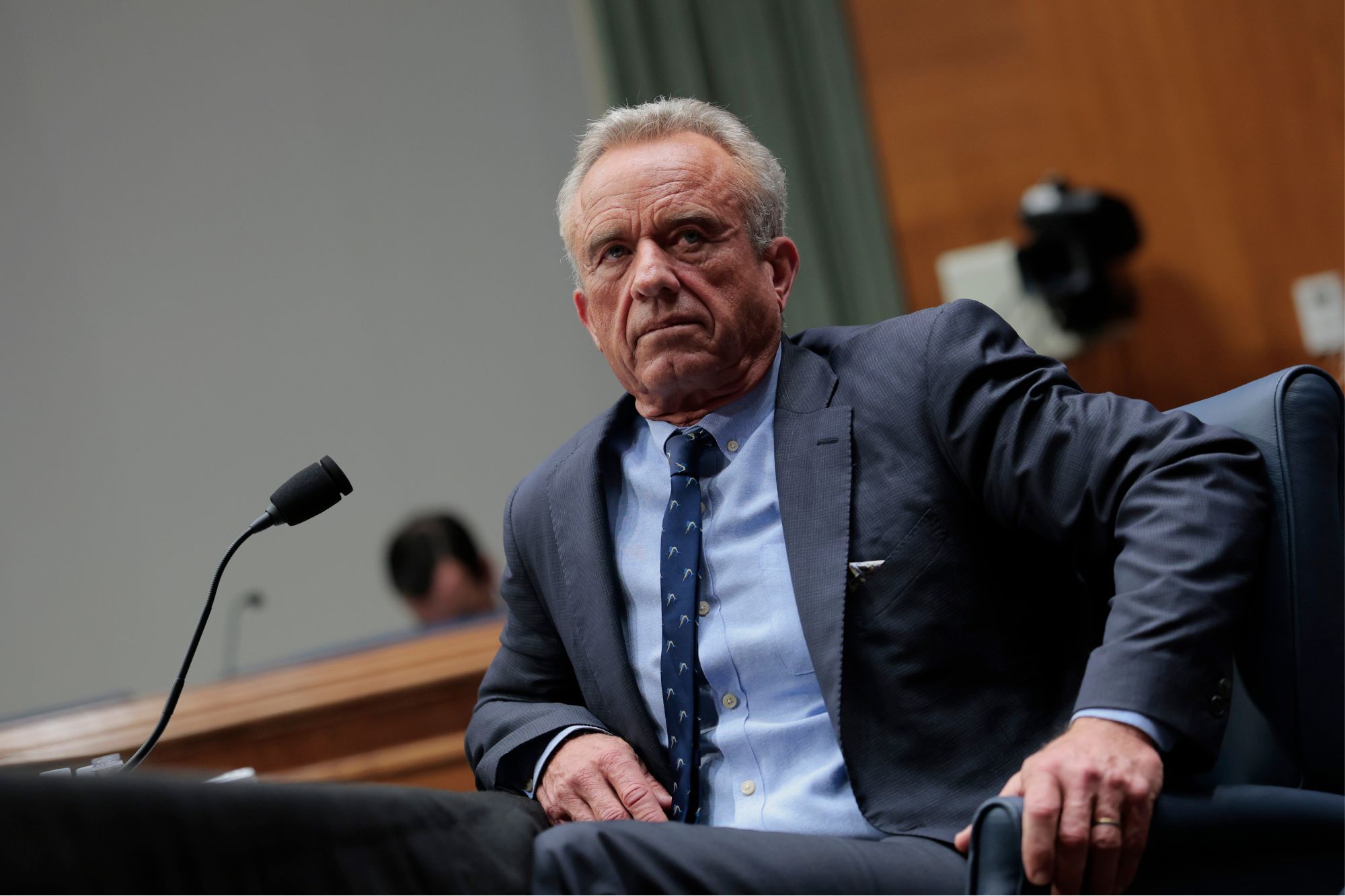The Wearable Health Monitor Initiative: A Controversial Proposal
Introduction to the Initiative
Health Secretary Robert F. Kennedy Jr. recently stirred the pot during a House Energy and Commerce Committee hearing with his bold proposal to have every American equipped with a wearable health monitor. This initiative, which Kennedy claims is part of a broader agenda to make America healthy again, has ignited a flurry of conversation and controversy online.
The Vision Behind Wearable Health Monitors
During the hearing, Kennedy articulated a vision wherein these devices empower individuals to take control of their health. He stated, “It’s a way people can take control of their own health. They can take responsibility.” According to him, wearable monitors will enable Americans to actively monitor vital metrics such as glucose levels and heart rates in real-time, allowing them to make informed decisions about their diet and lifestyle choices.
Kennedy is enthusiastic about the potential of wearables, suggesting that they can provide users with immediate feedback on how the food they consume affects their bodily functions. His long-term goal is for these devices to become a staple accessory for every American within four years.
Reaction from the Public: Skepticism and Conspiracy Theories
However, not everyone shares Kennedy’s optimistic view. Social media erupted with skepticism and conspiracy theories regarding the implications of such widespread monitoring. Many users expressed concerns about privacy, with some sarcastically commenting on the prospect of government surveillance.
One user took to Twitter to lament, “Tracking the population. That doesn’t seem problematic at all.” Comments like these reflect a broader trend of mistrust towards governmental initiatives, especially those related to health and technology.
Concerns Over Surveillance
The underlying anxiety surrounding this proposal revolves around the potential for misuse of personal health data. Users voiced fears that the government could utilize this technology to surveil citizens more closely—becoming an unwelcome extension of state power into personal lives. Phrases like “They want to track y’all” and “So they can track us more easily” illustrate this prevailing unease.
Critics have pointed out a dissonance in the rhetoric surrounding personal freedom and government monitoring. One user quipped, "The party of ‘personal freedom’ sure does love tracking your every f***ing movement, don’t they?" This highlights a growing tension between individual liberty and governmental oversight.
The Personal Influence on Kennedy’s Proposal
Interestingly, Kennedy’s advocacy for healthcare monitoring technology appears to be influenced by personal experiences. He shared anecdotes from friends and family who have benefited tremendously from glucose monitors, which have enabled them to manage diabetes effectively. This positivity towards personal health tech is commendable, yet it raises questions about how universal these benefits might be.
Exploring Financial Viability
Kennedy acknowledged the expense associated with current monitoring technologies, hinting at a commitment to making these tools more accessible. He mentioned exploring avenues to reduce costs, asserting, “If you can achieve the same thing with an $80 wearable, it’s a lot better for the American people.” This underscores a dual-pronged approach: promoting personal health while also considering economic factors.
Conclusion
As the discussion around Kennedy’s wearable health monitor initiative continues, it remains a flashpoint for broader conversations about privacy, government authority, and healthcare rights. While the technological innovation has potential benefits, the tumultuous public reception invites reflection on the balance between health empowerment and personal autonomy.


